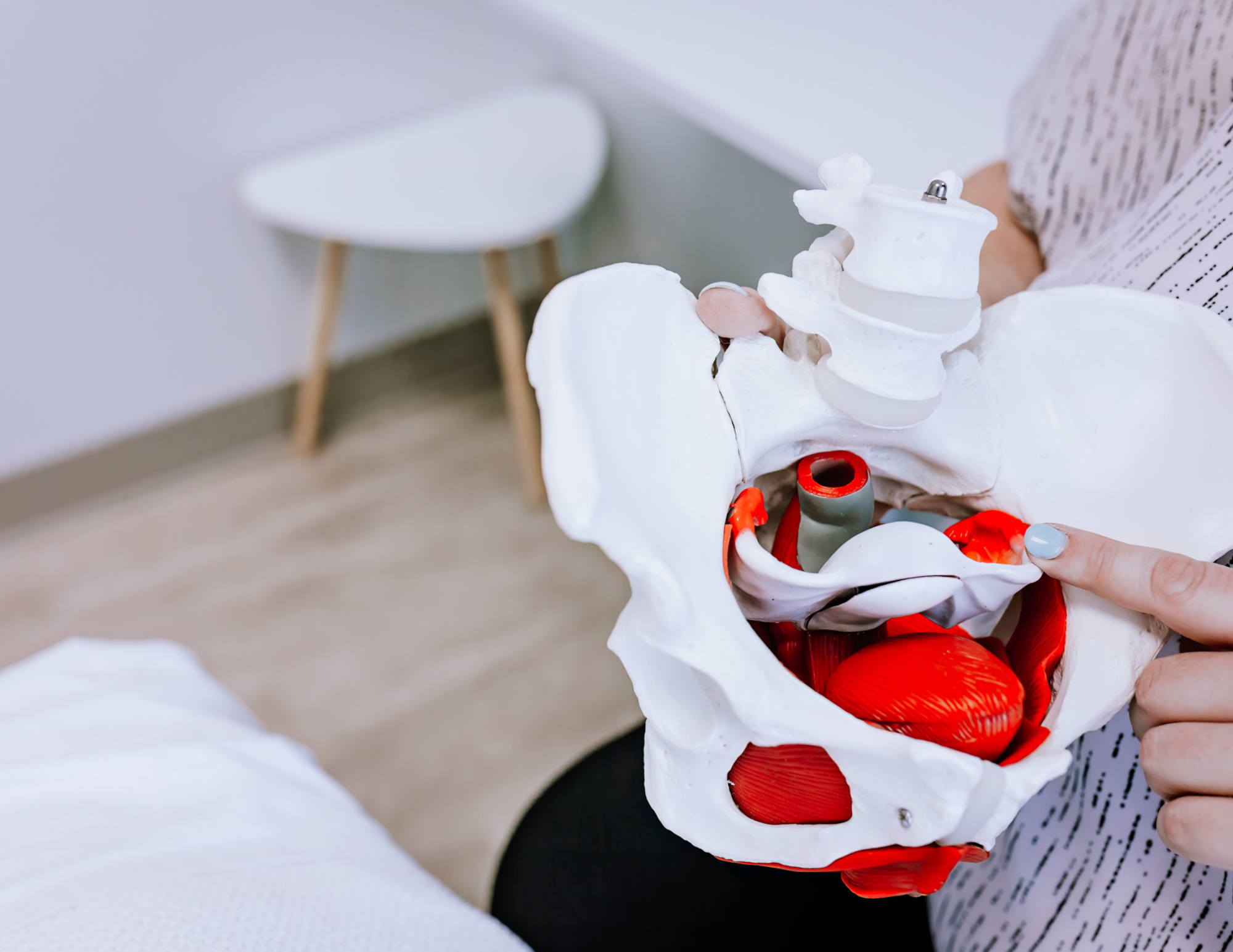
What To Do About Sore and Painful Nipples While Breastfeeding
As you stare into the eyes of your newborn for the first time, it can take your breath away. Their tiny feet, their facial expressions and their cry all fascinate you. It won’t take long for them to realize that their tiny tummy is making them feel uncomfortable and your job is to make sure that this need is met over and over again. They will tell you in all sorts of ways like crying, routing around on anyone's chest or licking their lips that it's time to fill their tummy.
Very soon after giving birth and if you are breastfeeding, your nurse, midwife or doula are there to help you with positioning and latch to help get your baby onto your breast properly. It can feel a little clumsy at first as it is a new skill for both you and baby. Often babies feel fragile in your arms and can be a little sleepy in those first hours and days. The first few times, you might have some success getting them on your breast as you watch for proper sucking and swallowing motions and they take in your first milk called colostrum.
Within the first few days, your nipples may feel sore or tender which can happen just as baby latches, but it should go away within the first minute and eventually stop. However, pain that is severe or continuous (you are cringing and your toes are curling!) and doesn’t go away is a sign that there is a problem. When this happens, quite often the nipples are cracked, bleeding or bruised and it is best that you seek help from a lactation consultant.
So why does this happen?
There could be several reasons that you are feeling nipple pain while breastfeeding. These include:
- Incorrect positioning
- Issues with the latch
- A limited let-down reflex
- Baby’s anatomy (a tongue or lip tie could cause restrictions in their ability to open their mouth)
- Not breaking the suction before pulling the baby's mouth away from the breast
If you have sore nipples, what can you do?
There are two main things you will want to explore. One is to find out the cause and seek help to resolve the issues and the second is to take care of the pain. Here are some tips:
- Understand the cause of the nipple pain:
- Seek professional help! International board certified lactation consultants go through extensive training to address very specific breastfeeding needs and to provide hands on support
- Check your baby’s position. Is their ear, shoulder and hip in a line? Does the baby have proper support? Are you comfortable? Are they tummy to chest (or tummy to your side body for football hold) so they don’t have to turn their neck to feed? Are they close to you? Are you holding their upper back instead of their head?
- Pay attention to the latch. Do they start with an open mouth? Did you give the baby a gentle shove behind the shoulders to ensure a deep latch? Was their nose to your nipple so they arch back their head instead of tucking it? Look to see if your baby's lips are turned outward like a fish. Do you hear sucking and swallowing sounds?
- Ask your doctor or lactation consultant to check your baby for a tongue or lip tie. These ties can have an impact on your baby's tongue movement and can cause pain.
- Be sure to contact your doctor or a lactation consultant if you have increasing pain or redness in one area of the breast, drainage of pus from the nipple or another area of the breast or you find a hard area of the breast and you are not able to empty it. Call a doctor or midwife immediately if you have a fever of 38.3°C (101°F) or higher, if you are experiencing flu-like symptoms or swollen glands (lymph nodes) in the neck or armpit.
- Tips for taking care of the nipple pain:
- Since your baby's sucking is usually the most vigorous for the first few minutes, begin your breastfeeding session on the side that is less sore then switch to the more painful side. You can still feed your baby if your niples are cracked or bleeding.
- Try expressing some milk just before you bring your baby to your nipple. This can soften the nipple and help your baby open their mouth wide for a better latch.
- Try changing your baby's position with each feed as this can help move the pressure from your baby’s mouth to different parts of the breast. Try to rotate between a laid back position, side lying, cradle/cross cradle or football holds.
- Breast milk is a great skin softener and has antibodies that can help fight infection. Express some milk onto your nipple, after the feed and then cover them with a breast pad. Keeping the nipple moist helps avoid cracking and bleeding.
- Avoid using breastfeeding pads with plastic liners (cotton is best).
- To keep your nipples moisturized, you can try modified lanolin or other formulated ointments or creams made with hypoallergenic ingredients. Avoid washing your nipples with soap as it can remove the nipples' natural lubricants.
The most important message: While mild nipple pain can be normal for the first few weeks (and when baby starts their latch), extremely painful and continuous nipple pain should be addressed as soon as possible. If you are seeking breastfeeding support in Ottawa be sure to reach out to us today. We are available either at our clinic or for a home visit and also provide prenatal sessions if you would like to learn more about feeding before your baby arrives.



.png)